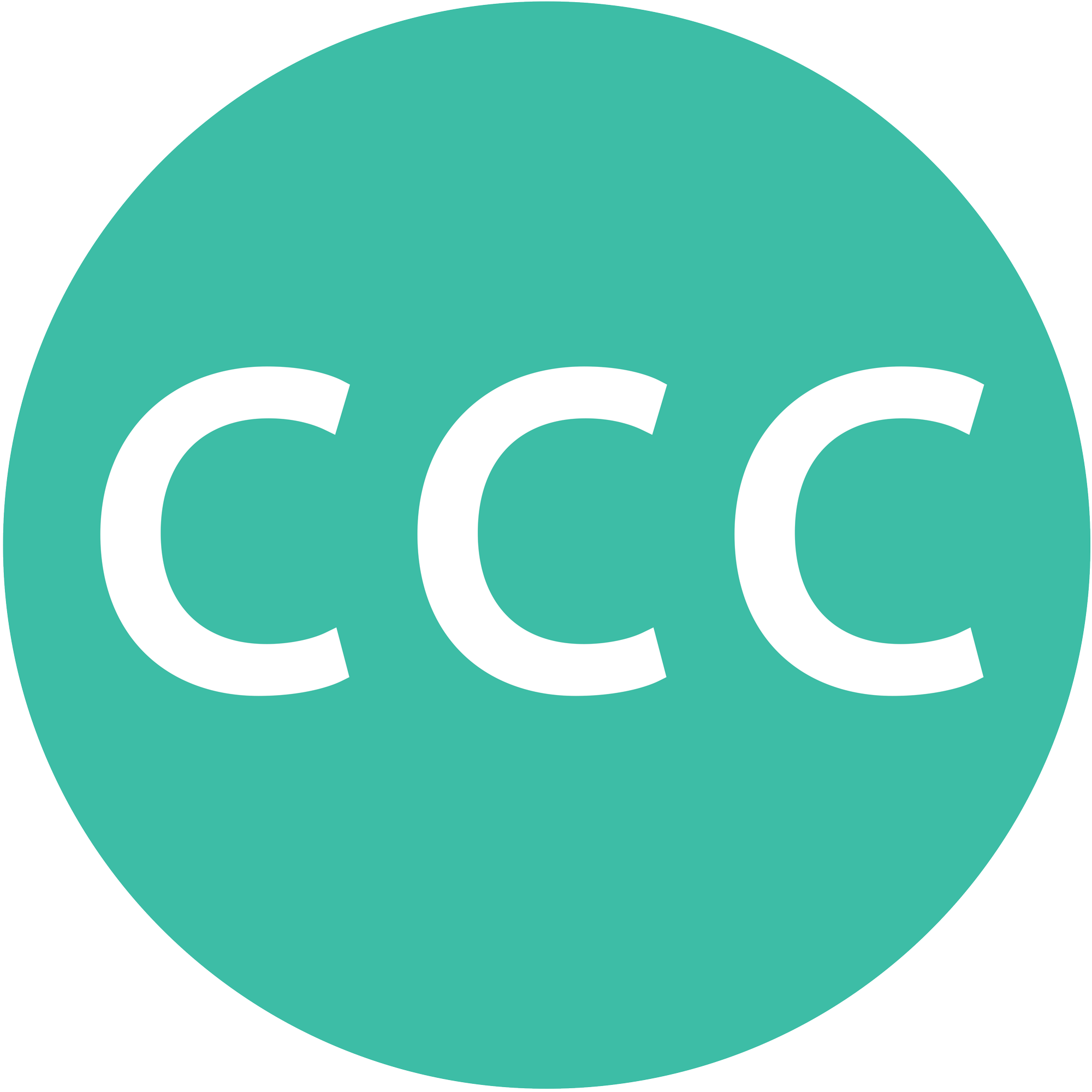It’s time for Biden’s BBB (Build Back Better) to step aside and make way for the Crisis Charitable Commitment’s BBBs (Big Bet Bundles) which address the three interrelated questions every philanthropist should be asking: what, how and how much.
When we launched the CCC nearly two years ago its purpose was both to generate more dollars going to nonprofits in response to the pandemic and to prompt donors to consider contributing more of their accumulated wealth than the statutory minimum 5% that foundations have adhered to, and the historically low giving rate of 1% of net assets that the wealthy can’t seem to get past. In other words, while many nonprofit organizations-along with their advisors and critics–were paying more attention to questions of what to give to, e.g., racial justice, and how to give, e.g., engaging outside board members or community-based grant advisors, little was being said about how much to give.
Let’s be honest: Getting rich folks and foundations to voluntarily give more money away is not easy, and we have had only moderate success so far in changing the hoarding culture. The addictive drive to accumulate wealth is very powerful and might be one explanation for our limited success. But of late we’re hearing another explanation (or is it a rationale): “It’s very hard to give away money effectively.” Words from none other than the government-subsidized, power hungry space cadet Elon Musk. (I get it–it’s not easy being rich.)
A few years ago this type of how-to-measure-effectiveness thinking prompted MacKenzie Scott’s philanthropic advisor, The Bridgespan Group, to promote a concept of Big Bets in an effort to encourage wealthy donors to give more money for social benefit–the What question. The basic idea is to bring nonprofits–working on issues such as women’s rights, equal opportunity, racial justice, access to healthcare–to scale in order to attract money from those who might otherwise just add another wing to their local hospital. Scale means being large enough to absorb and effectively spend large contributions, even when effectiveness may be hard to measure and rarely provides the instant gratification of having a name on a building.
Another approach gaining traction that not only addresses the What question, but also the How is pooled funds. Donors contribute to the fund, usually issue specific, and the fund’s advisors decide which organizations to support. Done right, this is the most democratic form of grantmaking, where decisions are made by those closest to the problem being addressed and possessing both experience and expertise. Pooled funds can achieve scale, allow for rapid response to problems, avoid funding duplication, incorporate evaluation, and provide learning opportunities for donors.
As a foundation executive it is simply beyond my comprehension how a major donor can have difficulty giving more money away when we are reminded everyday of the continuing crises we face. So, we will begin to chip away at any excuses the Musks of the world might have by launching three Big Bet Bundles: pooled funds, at scale (sufficient to make a big difference) and addressing some of the most important issues raised by the pandemic–racial justice, democracy, and wealth inequality. We will be sending out an official announcement with details when we launch the BBBs on May 17. These will be examples, perhaps even models, for what, how and how much to give. But it should otherwise be obvious that if philanthropists just opened their eyes and their checkbooks, there is no shortage of good they could do.
It’s possible that offering Big Bets might help affect the What, How and How Much of wealthy donors and foundations. But despite having worked with multi-millionaires and billionaires who have done some amazingly good philanthropic things with some of their money, it’s impossible to ignore the threats to our community’s well-being when people (and foundations) can accumulate so much. I spell it all out in this op-ed published recently by Newsweek: “Billionaires are a Policy Failure That Must Be Addressed.” Just as there are Patriotic Millionaires (I’m a board member), I remain hopeful we can find some Patriotic Billionaires willing to not only contribute to important causes through a more inclusive process and at much higher levels of giving, but to fund groups directly tackling the accumulation and hoarding of excessive wealth and the large democracy and societal problems associated with it.
